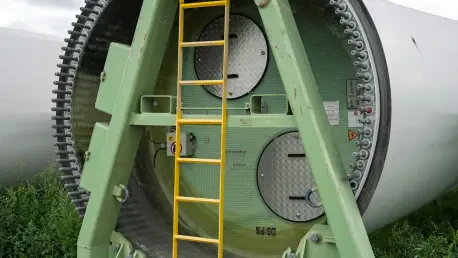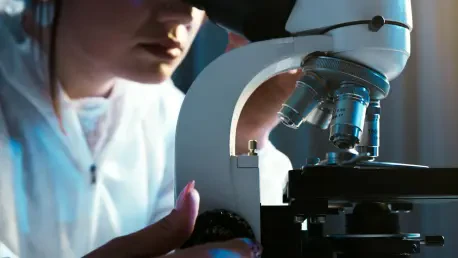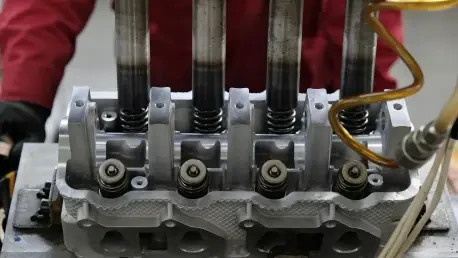
I'm thrilled to sit down with Kwame Zaire, a renowned expert in manufacturing with a deep focus on electronics and equipment. With his extensive background in production management and thought leadership in predictive maintenance, quality, and safety, Kwame offers invaluable insights into the

In a rapidly evolving landscape of wearable technology, one company is making significant strides by bridging the gap between consumer health and specialized defense applications, capturing attention with a bold expansion into the U.S. market. Oura, a Finnish innovator known for its health-tracking

In an era where the pharmaceutical industry faces mounting pressure to reduce its environmental footprint, a remarkable shift is underway, driven by innovative technologies that promise both efficiency and sustainability. One company, Apeloa Pharmaceutical, a subsidiary of Hengdian Group based in

In an era where the pharmaceutical industry faces mounting pressure to reduce environmental impact while maintaining high safety standards, a groundbreaking approach is emerging from a leading player in China. Hengdian Group’s pharmaceutical subsidiary, based in Hengdian, has taken significant

Imagine a critical manufacturing plant grinding to a halt because a remote attacker exploited a hidden flaw in its automation software, or an energy grid facing unexpected downtime due to a denial-of-service attack on its control systems. Such scenarios are no longer just theoretical risks but

Short Introduction I’m thrilled to sit down with Kwame Zaire, a renowned manufacturing expert with deep expertise in electronics, equipment, and production management. With a sharp focus on predictive maintenance, quality, and safety, Kwame has become a thought leader in the automotive industry.